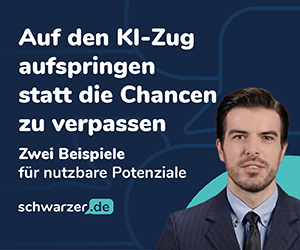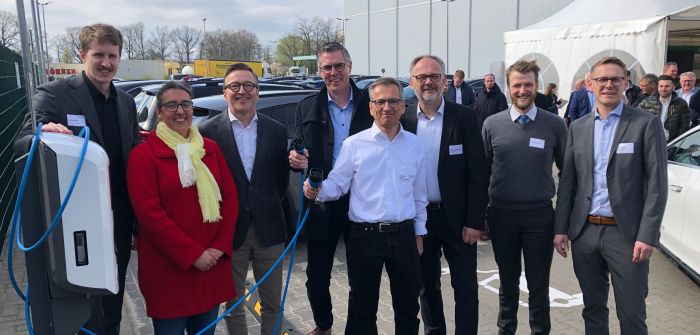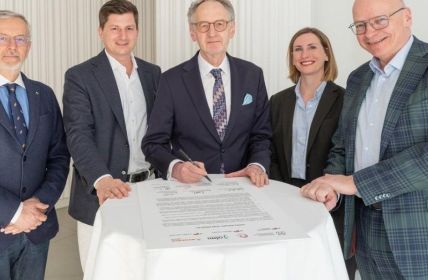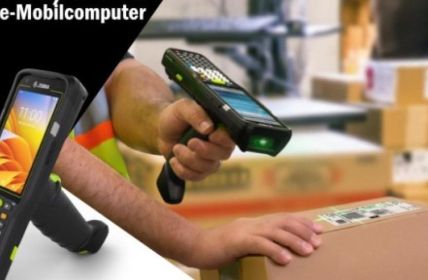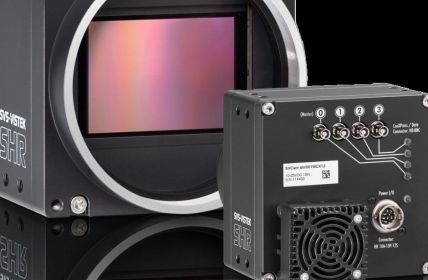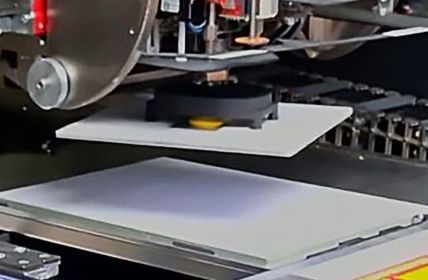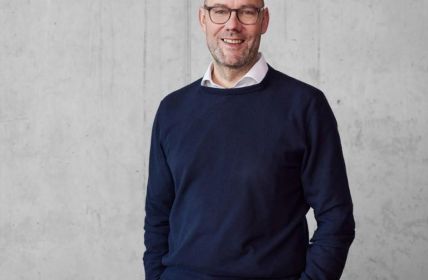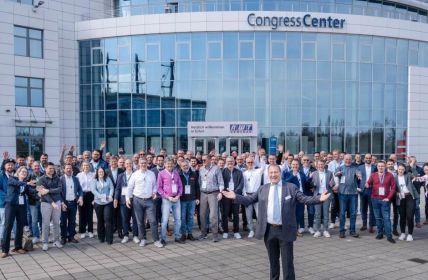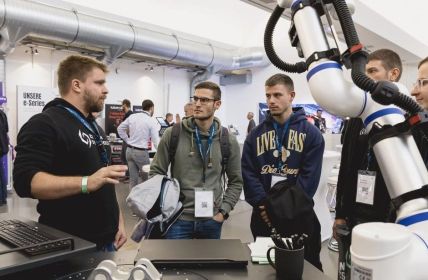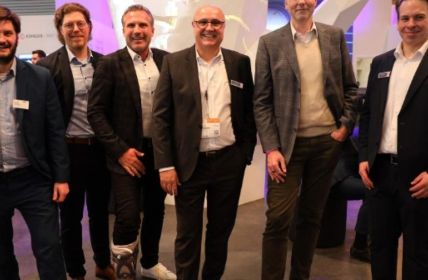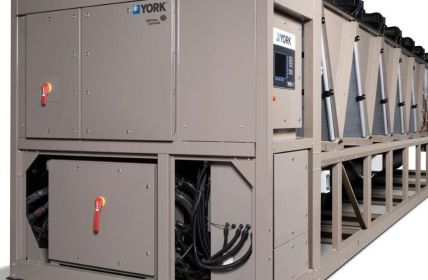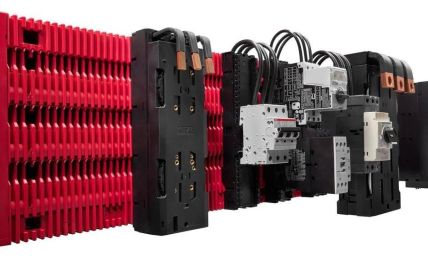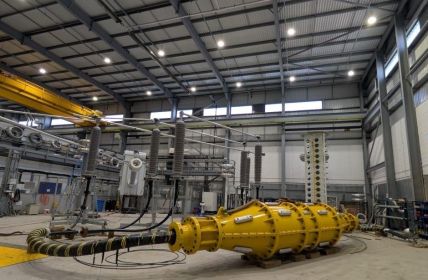As part of the Germany-wide mobility project “unIT-e² – Real Lab for Networked Mobility”, a nine-month field trial for market-optimised and grid-serving charging of electric vehicles will be launched. The cooperation between EWE, Mercedes-Benz, The Mobility House and the Forschungsstelle für Energiewirtschaft (FfE) will take place at Wernsing Feinkost in Essen/Oldenburg from 8 April 2023.
Table of Contents: What awaits you in this article
UnIT-e² project explores possible uses of electric vehicle charging in the workplace
In the course of the unIT-e² project, the optimised market integration and grid-serving charging of electric vehicles at the workplace is being investigated in various application scenarios. Employees of the Essen-based company Wernsing Feinkost are actively participating in this project and testing the various charging concepts in their everyday working lives. Ten fully electric vehicles from Mercedes-Benz (EQA, EQB, EQC and EQS) were provided for the field trial. The official opening of the field trial took place in the presence of Anka Dobslaw, State Secretary in the Lower Saxony Ministry for the Environment, Energy and Climate Protection, and the project partners.
Electromobility 2.0: Smart Charging as a Pioneer for the Energy Transition
Elektromobilität im Kontext der Energiewende: Potenziale für Deutschland.
Wernsing Feinkost is conducting a field trial to develop services for unidirectional charging in the coming months. The main goal is to stabilise the energy system and reduce energy costs. The focus is on developing and testing smart charging solutions for electric vehicles to provide flexibility in the energy market and shift charging operations to relieve pressure on the power grid. In addition, this approach is expected to contribute to CO2 savings. During the field trial, customer benefits, customer acceptance and potential savings and revenues will be extensively investigated and evaluated.
Concrete scenarios will be tested for their applicability in the coming months
- When grid bottlenecks occur, the grid operator sets a power specification at the grid connection point to control the power flows in the grid. This helps to avoid bottlenecks and ensure efficient distribution of electricity to guarantee an uninterrupted supply.
- Market-optimised charging, which at the same time takes grid restrictions into account, enables cost-efficient and environmentally friendly use of electric vehicles, as charging processes are optimally matched to the availability of renewable energies and grid capacity.
- With a variable electricity tariff including a demand charge, the aim is to use electricity more efficiently by encouraging consumers to use their energy-consuming appliances during periods of lower electricity demand.
Strong together for the future: unIT-e² drives the digital energy transition forward
The unIT-e² project, funded by the German Federal Ministry of Economics and Climate Protection (BMWK), strives to integrate electric mobility intelligently and safely into existing and future infrastructures in order to meet the requirements of the transformation of the energy system. In cooperation with a total of 29 project partners from the automotive and energy industries, IT, charging infrastructure and science, future-proof solutions for interoperable charging concepts for electric vehicles are being developed in four implementation clusters across Germany. The current nine-month field trial in the north-western Harmon-E cluster focuses on the harmonious interaction of the overall system.
